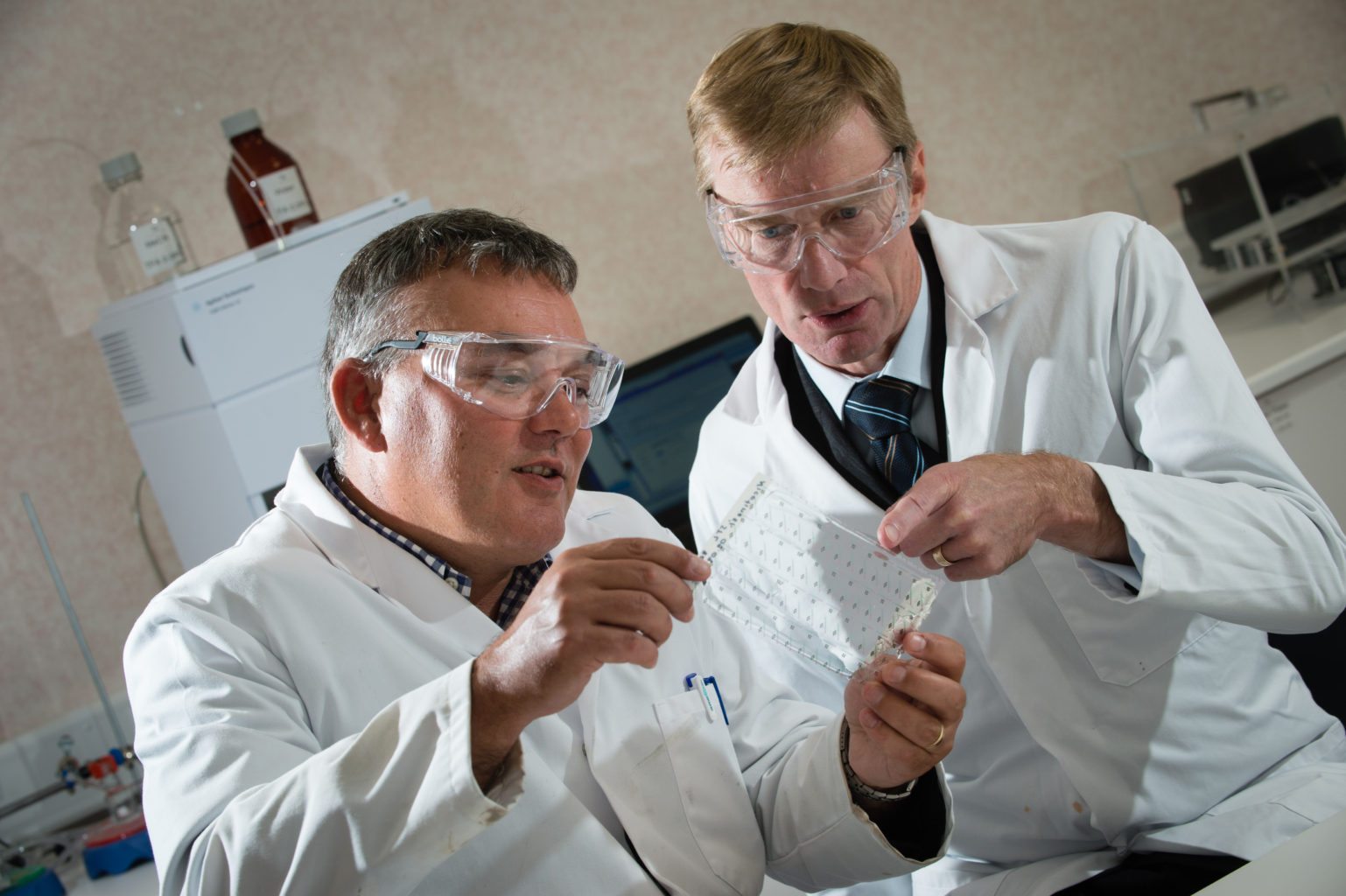‘Revolutionary’ Ibuprofen patches developed by researchers
On 8 December 2015 it was announced that Warwick’s researchers in collaboration with the Coventry-based company Medherant ‘created a new revolutionary way to be cured with Ibuprofen’.
After more than a year of research and 500,000 pounds of investment, the first Ibuprofen patch has been created.This drug is a painkiller which can be taken for the flu, stiffness and mainly for sport injuries.
The Ibuprofen of the future will be delivered directly through the patient’s skin. The idea is that the patch will deliver the drug in a more consistent and significant dose at the exact spot of the injury.
Indeed, researchers argue that it is 5 to 10 times more concentrated than other patches, which sometimes only offer a warming effect to the injury instead of treating it.
No more gels or pills
What’s more, they noticed that most of pain relief products make it difficult to control the dosage and, in the case of Ibuprofen, the consequences of an overdose are extreme.
According to its notice, an Ibuprofen overdose can damage the stomach or intestines, therefore it is suggested to ‘use only the smallest amount needed to get relief from your pain’.
Therefore, the patch could be a promising way to avoid an overdose while still getting effective and consistent pain relief.
Shenade, a second-year student and active member of the Thai Boxing club, told the Boar why she would use them: ‘I’m practically always injured and hate taking tablets.
I would use them especially if the patch works at the source of the pain: effective so much faster!.”
However not all students think it is a good idea. Nia, a second-year boxing student disagreed: ‘I don’t like the thought of a drug going through my skin. Also doing sport makes me sweaty. The patches would annoy me in general, I don’t like things to be stuck to me.’
The CEO of Medherant Nigel Davis stated: “The transdermal drug delivery system will offer a better experience for patients and enhance their safety.”
He added: “This revolutionary product will be expanded to other therapeutic areas through partnerships with pharmaceutical companies.”
The patches will be available in stores in two years. According to professor David Haddleton, the price will be competitive with the Ibuprofen gel, which is between £5 and £10 a tube.

Comments